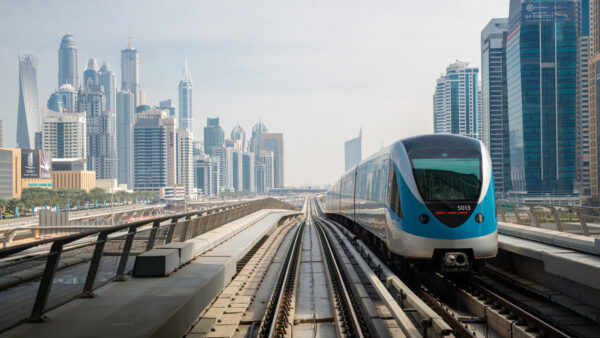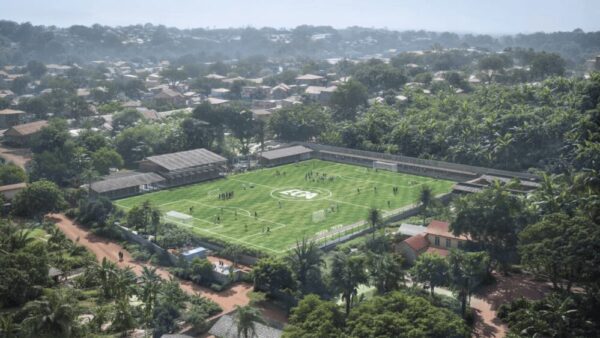Dam-building giant China Gezhouba Group Co. (CGGC) said this week (on 29 May) that its subsidiary in Brazil has acquired a water supply company in Sao Paulo in a move to boost the state-owned company’s presence in South America.
By purchasing Sistema Produtor Sao Lourenco (SPSL), CGGC, which built China’s Three Gorges Dam, gets operational rights to a brand new water supply system in Brazil’s biggest city, which is grappling with chronic water shortages, reports state news agency, Xinhua.
Formerly a subsidiary of Sao Paulo’s state-owned water utility Sabesp, SPSL is nearing completion on the $860m system that comprises water treatment plants, pumping stations, and 83km of pipelines.
Construction on the system started in 2014, the start of a severe, three-year drought affecting Sao Paulo and other regions, and is expected to be finished this August.
One and a half million Sao Paulo residents will rely on it for water, Xinhua said.
What CGGC paid for SPSL was not disclosed in the Xinhua report but, when its plans were revealed in March 2017, it was reported that CGGC would pay “up to $200m”.
The successful Brazilian acquisition will be encouraging for the Chinese government after its disappointment with Canada last week blocking the takeover of a large Canadian contractor, Aecon, by another Chinese state-owned giant.
That decision prompted China’s ambassador to accuse Canada of “discrimination” against Chinese state-owned enterprises.
CGGC is already active in South America building the Sopladora hydropower station in Ecuador and a $5.75bn project on the Santa Cruz River in Argentina, Xinhua was told by Chen Xiaohua, CGGC deputy general manager and chairman of China Gezhouba Group Overseas Investment Co Ltd., the subsidiary.
Elsewhere, CGGC has 106 projects under way overseas including the $3.3bn Neelum-Jhelum hydropower plant in Pakistan, the $4.6bn Caculo Cabaca hydropower plant in Angola, and the $6bn Mambilla hydropower project in Nigeria, according to Xinhua.
The Wuhan-headquartered group’s net profit surged 37.9% last year to just over $730m from $529m in 2016, Xinhua said.
Image: The Paraisópolis favela in drought-hit Sao Paulo (Vilar Rodrigo/Creative Commons)






